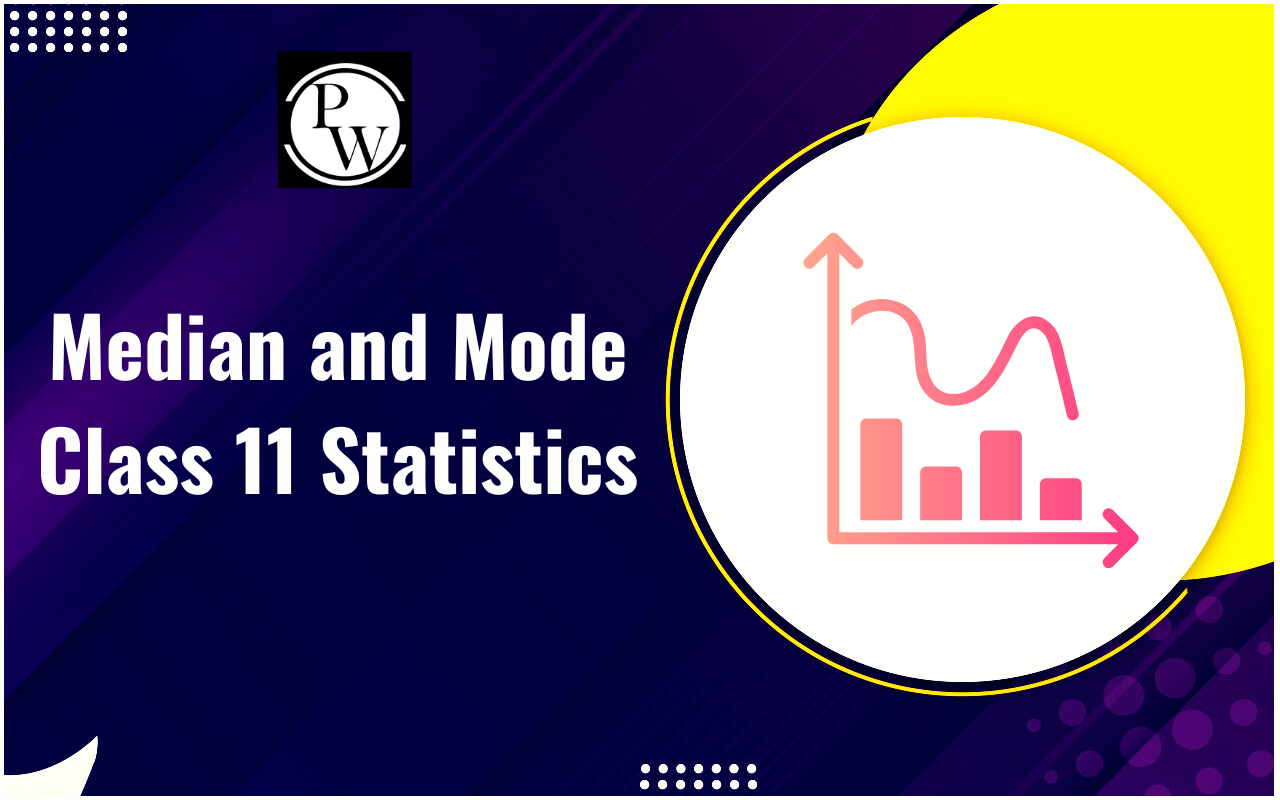
Development Of Indian Accounting: Indian Accounting Standards (Ind AS) are a set of accounting principles introduced to align India's financial reporting framework with international practices. Developed by the Institute of Chartered Accountants of India (ICAI) and endorsed by the Indian government, these standards are designed to enhance transparency, consistency, and comparability in financial statements across the global market.
The primary goal of Ind AS is to provide a uniform accounting language that aligns closely with International Financial Reporting Standards (IFRS), facilitating better comparability and understanding for investors and stakeholders worldwide. By adopting Ind AS, India aims to improve the quality and reliability of financial reporting, ensuring that Indian companies' financial statements are more transparent and globally recognized.What is the Development Of Indian Accounting Standards?
Indian Accounting Standards (Ind AS) are financial reporting guidelines that align Indian accounting practices with International Financial Reporting Standards (IFRS). Developed by the Institute of Chartered Accountants of India (ICAI) and endorsed by the Ministry of Corporate Affairs, these standards aim to enhance financial statements' transparency, consistency, and comparability. The Ind AS framework ensures that financial statements reflect a true and fair view of a company's financial position, performance, and cash flows, making them more understandable and reliable for investors and stakeholders. The transition to Ind AS from previous Indian GAAP (Generally Accepted Accounting Principles) marks a significant step in improving the quality of financial reporting in India. Currently, 40 Ind AS have been issued, mirroring its corresponding IFRS standard, facilitating better international comparability and financial clarity.The inception of the Development Of Indian Accounting Standards
The Institute of Chartered Accountants of India (ICAI) developed the Indian Accounting Standards (Ind AS) and initiated the transition to International Financial Reporting Standards (IFRS). IFRS are issued by the International Accounting Standards Board (IASB). This shift aimed to enhance the transparency and global acceptability of Indian corporate financial statements. To create the Indian Accounting Standards, the ICAI and the government carefully examined IFRS requirements before moving towards convergence. Consequently, the Accounting Standards Board (ASB) formulated Ind AS to align with IFRS, ensuring consistency and improved financial reporting standards.| Also Read | |
| Difference Between National Income and Private Income | How to calculate percentage of marks |
| Forms of the Market | Types of Companies |
Advantages of Accounting Standards
Accounting standards play a crucial role in ensuring the accuracy and reliability of financial reporting. They provide a framework that enhances consistency, transparency, and comparability across financial statements. By standardizing accounting practices, these standards offer numerous benefits to organizations, investors, and stakeholders. Here are some key advantages of accounting standards:- Simplification and Clarity : They make accounting information easier to understand and interpret.
- Uniformity : They ensure consistency across accounting systems, leading to standardized practices.
- Global Acceptance : They facilitate broader acceptance and recognition of financial statements internationally.
- Comparability : They allow for straightforward comparison of financial statements across different entities.
- Audit Facilitation : They streamline the auditing process by providing clear guidelines and standards.
- Credibility : They enhance the reliability and trustworthiness of financial statements.
- Performance Assessment: They assist in evaluating and assessing management performance effectively.
List of Indian Accounting Standards
Indian Accounting Standards (Ind AS) are a set of accounting principles issued by the Ministry of Corporate Affairs in India, aligned with International Financial Reporting Standards (IFRS). These standards aim to enhance transparency and comparability of financial statements, ensuring consistency with global practices. Ind AS apply to different categories of companies based on their size, industry, and net worth, and they cover a wide range of financial reporting areas. The following table provides an overview of the Indian Accounting Standards:| Phase | Adoption Year | Business | Net Worth | Calculating Year |
| Phase 1 | 1st April 2016 | All listed and unlisted companies | Not less than Rs. 500 crores | FY between 31/03/2014 and 31/03/2016 |
| Phase 2 | 1st April 2017 | Indian AS is mandatorily applicable to all companies | Net worth greater than or equal to Rs. 250 crores but less than Rs. 500 crores | FY between 31/03/2014 and 31/03/2017 |
| Phase 3 | 1st April 2018 | Ind AS became mandatorily applicable to all Banks, NBFCs, and Insurance companies | Not less than Rs. 500 crores | FY between 31/03/2016 and 31/03/2018 |
| Phase 4 | 1st April 2019 | Ind AS is mandatorily applicable to all NBFCs | Net worth greater than or equal to Rs. 250 crores but less than Rs. 500 crores | FY between 31/03/2017 and 31/03/2019 |
Objective of Indian Accounting Standards
The Indian Accounting Standards (Ind AS) were introduced to align India's accounting practices with International Financial Reporting Standards (IFRS). The primary objectives of Ind AS are:- Enhance Transparency : To provide a clear, consistent, and comparable presentation of financial statements, improving the transparency and clarity of financial information for stakeholders.
- Improve Comparability : To facilitate comparability of financial statements across companies and countries by adhering to internationally accepted accounting principles and practices.
- Ensure Accuracy : To promote accurate financial reporting and ensure that financial statements reflect the true and fair view of an organisation's financial position and performance.
- Boost Investor Confidence: Increase investor and stakeholder confidence through high-quality, reliable, transparent financial reporting.
- Facilitate Global Integration : To aid Indian companies in accessing global capital markets by meeting international reporting standards, thus enhancing their ability to attract foreign investment.
Formulation of the Indian Accounting Standards
The Central Government of India formulated the Indian Accounting Standards (Ind AS) in collaboration with the National Advisory Committee on Accounting Standards (NACAS). The process was overseen by the Accounting Standards Board (ASB) of the Institute of Chartered Accountants of India (ICAI). NACAS recommended these standards to the Ministry of Corporate Affairs, which is responsible for implementing Ind AS for companies in India. The Ind AS are named and numbered to correspond with their International Financial Reporting Standards (IFRS) counterparts. To date, 40 Indian AS have been issued. Begin your journey towards academic excellence in Commerce with our comprehensive Class 11 Commerce courses . Master the CBSE syllabus with expert guidance and ace your exams. Enroll now!”Development Of Indian Accounting Standards FAQs
What are Indian Accounting Standards (Ind AS)?
Indian Accounting Standards (Ind AS) are a set of accounting standards notified by the Ministry of Corporate Affairs in India, converging with International Financial Reporting Standards (IFRS) to bring uniformity in financial reporting.
Why were Indian Accounting Standards introduced?
Ind AS were introduced to improve transparency, comparability, and accountability in financial statements, aligning Indian accounting practices with global standards.
When were Indian Accounting Standards first implemented?
The first phase of Ind AS implementation began on April 1, 2016, for companies with a net worth of over ₹500 crores. It was gradually extended to other companies in subsequent phases.
Talk to a counsellorHave doubts? Our support team will be happy to assist you!

Check out these Related Articles
Free Learning Resources
PW Books
Notes (Class 10-12)
PW Study Materials
Notes (Class 6-9)
Ncert Solutions
Govt Exams
Class 6th to 12th Online Courses
Govt Job Exams Courses
UPSC Coaching
Defence Exam Coaching
Gate Exam Coaching
Other Exams
Know about Physics Wallah
Physics Wallah is an Indian edtech platform that provides accessible & comprehensive learning experiences to students from Class 6th to postgraduate level. We also provide extensive NCERT solutions, sample paper, NEET, JEE Mains, BITSAT previous year papers & more such resources to students. Physics Wallah also caters to over 3.5 million registered students and over 78 lakh+ Youtube subscribers with 4.8 rating on its app.
We Stand Out because
We provide students with intensive courses with India’s qualified & experienced faculties & mentors. PW strives to make the learning experience comprehensive and accessible for students of all sections of society. We believe in empowering every single student who couldn't dream of a good career in engineering and medical field earlier.
Our Key Focus Areas
Physics Wallah's main focus is to make the learning experience as economical as possible for all students. With our affordable courses like Lakshya, Udaan and Arjuna and many others, we have been able to provide a platform for lakhs of aspirants. From providing Chemistry, Maths, Physics formula to giving e-books of eminent authors like RD Sharma, RS Aggarwal and Lakhmir Singh, PW focuses on every single student's need for preparation.
What Makes Us Different
Physics Wallah strives to develop a comprehensive pedagogical structure for students, where they get a state-of-the-art learning experience with study material and resources. Apart from catering students preparing for JEE Mains and NEET, PW also provides study material for each state board like Uttar Pradesh, Bihar, and others
Copyright © 2025 Physicswallah Limited All rights reserved.









